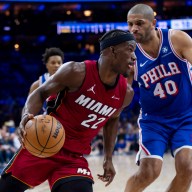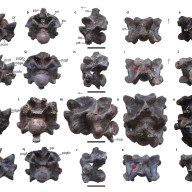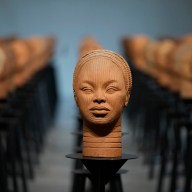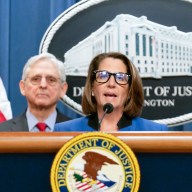By Brian Ellsworth
CARACAS (Reuters) – Venezuela’s opposition faces a weak adversary in an upcoming presidential election in the form of unpopular President Nicolas Maduro, but it must overcome the more formidable challenge of abstention in its own ranks.
Maduro’s approval ratings are languishing at around 20 percent in a country that was once a byword in South America for oil-financed opulence but now faces a collapsing economy, runaway inflation and rising malnutrition.
Yet voter motivation is diminishing due to concerns about fraud, mistrust of the electoral authority and weak opposition candidates, which may help Maduro clinch a second six-year term.
The government has not yet set a date for the election but has said it must be held before the end of April.
Opposition leaders are calling for unity in the run-up to the vote but are conditioning their participation on demands such as the creation of a new electoral authority, something Maduro’s allies appear unlikely to grant.
The most coherent message so far has come from fringe politicians who are insisting the opposition should walk away.
“There is only one answer: No,” said Maria Corina Machado, who has a significant media profile but little political influence. “(The opposition) cannot be complicit in a process that seeks to legitimize this regime.”
Optimists believe the official start of campaigning could create momentum and convince crisis-weary Venezuelans to vote for whoever faces off against Maduro, whom the Socialist Party formally selected as its candidate on Friday.
But skeptics insist that the electoral council is in the pocket of the ruling Socialists and is likely to alter the results of the vote.
“I wouldn’t want to go out and vote for the opposition only to have the results show my vote went to the government,” said Manuel Melo, a 21-year-old graphic designer who lost a kidney in 2017 after being hit by a water cannon during a protest.
“Since there’s going to be fraud, I’d rather not vote.”
Many have also accused opposition leaders of offering too many concessions to the government and, in some cases, of working as stalking horse candidates on behalf of Maduro.
The pro-Maduro Supreme Court last week blocked the opposition’s Democratic Unity coalition from running a presidential candidate, requiring aspirants to run under individual parties.
Critics called it an effort to increase division within the opposition and weaken turnout.
JAILED OR BARRED
October’s gubernatorial elections were a warning sign of how the Socialist Party can score electoral victories despite fury over the economy.
Even though polls showed the opposition winning most of the 23 governorships, Maduro allies took 18 of them as a result of low voter turnout.
Many insisted that participating in the election was legitimizing Maduro’s government following what they said was a power grab with the creation of an all-powerful legislature called the Constitutional Assembly in a July ballot boycotted by the opposition.
The governors’ vote gave Maduro a political boost and left the opposition divided and squabbling. It boycotted elections for 335 mayors in December, further increasing abstentionism.
With the election at most three months away, the opposition still does not have a standard bearer.
And the field of candidates has been heavily limited by the government’s aggressive moves to jail the best-known opposition leaders or bar them from politics.
Two-time presidential candidate Henrique Capriles is banned from holding office. Former Mayor Leopoldo Lopez is under house arrest for leading protests against Maduro while his protege, Freddy Guevara, is holed up in the residence of the Chilean ambassador, seeking to avoid arrest on similar accusations.
However, former union leader Andres Velasquez has shown interest in a presidential bid, while ex-Lara state Governor Henri Falcon has called on the opposition to unite behind him. Former Congress chief Henry Ramos has also said he would run in opposition primaries.
Both Ramos and Falcon have done better in recent polls than Maduro, according to Datanalisis Director Luis Vicente Leon, adding that Venezuelans widely reject the president.
But doubts about the fairness of elections and limited motivation following the opposition’s recent ballot box fiascos may make that irrelevant.
“The opposition is indeed the majority,” Leon said in a telephone interview, “but that won’t matter if it can’t mobilize its people in an election.”
(Additional reporting by Andreina Aponte; Editing by Alexandra Ulmer, Lisa Shumaker and Lisa Von Ahn)

















